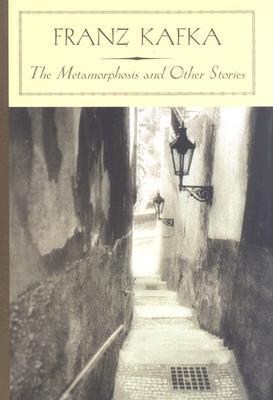1. Get on Twitter and into the blogosphere as soon as possible. Don’t worry about numbers, retweets, or “building a platform.” You don’t even have to actually blog. Just follow all the experts you can find and begin learning. Knowledgeable people share tips in these places that they don’t say anywhere else.
2. Use WordPress to build your blog. Just… trust me.
3. Don’t believe what Wikipedia has to say about word counts. Look up acceptable lengths according to actual industry professionals before starting your first novel. (For example, 40,000 words is much too short while 150,000 is far too long.)
4. Never promote someone you don’t want to be associated with. People take your suggestions seriously. Back-scratching isn’t worth tainting your professional reputation with negative connections.
5. There are teachers everywhere. Find them, learn from them, and never be too proud to take knowledge from someone with more experience than you. Or for that matter, from someone with less experience than you. Knowledge is knowledge.
6. Never feed the trolls. Get negative people and influences out of your life as quickly as possible and as fully as possible. When that’s not an option, kill them with kindness. When that doesn’t work, ignore them.
7. Don’t expect your family and friends to read everything you write. Not even your blog. It’s not personal. Promise.
8. Listen to your internal voice; if you’re tempted to send or publish something petty, controversial, personal, or combative… put it in the incubator. This goes for emails, tweets, blog posts, and Facebook statuses. If you still want to do it after three days, go ahead. (But you won’t.)
9. Don’t post information about your submission process online. Don’t blog about your query stages. Don’t tweet about going on submission. Don’t announce on Facebook when you get a manuscript request. Agents and editors google potential clients, and you never know what will put them off. Realizing you’ve already been querying for two years doesn’t exactly inspire confidence. And realizing they must be your 2nd, 3rd, or even 4th-string choice isn’t flattering.
10. Learn to drop the defenses. If you receive critique that hurts, take a few days to recover, but then go back to it. That’s probably the feedback you most need to hear.
11. Think very hard before paying anyone for any service or information. For example, why pay a company to help you find good agents to query when Agent Query and Query Tracker are free?
12. Learn your market. Seriously. Read every book you can get your hands on. Classics that paved the way. Staples that changed the road. New releases creating buzz. Read them all. Read them now. Learn everything you can about what’s successful and why. Reading will not “drain your creative energy.” It won’t “bias your ideas” either. It will teach you techniques, familiarize you with your market, and make you that much more adept and professional in your fields. Reading is part of your job now. (And doesn’t that rock?)
13. Listen to praise. Learn your strengths. There’s no merit badge for ignoring compliments. Knowing your strong suits can help you utilize them fully; being aware of strengths makes you a better and more well-equipped writer.
14. Don’t let people convince you that you need a “thicker skin.” Your skin is just fine. You should feel passionately about the things you’ve created, and it should hurt when someone rejects that. The important thing is to separate self from work. They aren’t rejecting you; they’re rejecting a particular project. For one thing, that’s subjective. For another, you can always create more projects. Accept the hurt, but then move past it. (It does get easier — usually.)
15. Flex that patience muscle. The waiting never goes away; learn to implement productive distractions. (I.e.: Start writing the next thing. Always.)
16. Give back to the community as much as possible while still remaining productive and focused. Don’t be greedy with your time, but also learn to say no.
17. Writing is important, yes, but so is submitting. You’re prolific enough that you’ll never catch up with your short story and poetry submissions, so submit the best ones as you go. This, too, is a part of the job. No one can read your creations if you don’t put yourself out there.
18. Never be ashamed of your early work. Learn from your mistakes and keep growing.
19. Trust your gut. Arm yourself with knowledge and consider all the options, but trust your gut. It usually knows what’s up.
20. Never give up. But of course, you know that, or you wouldn’t be here now.







